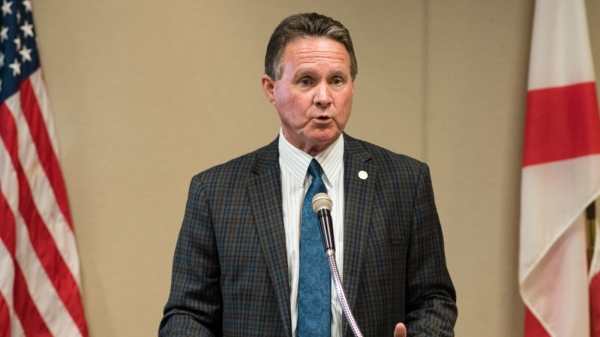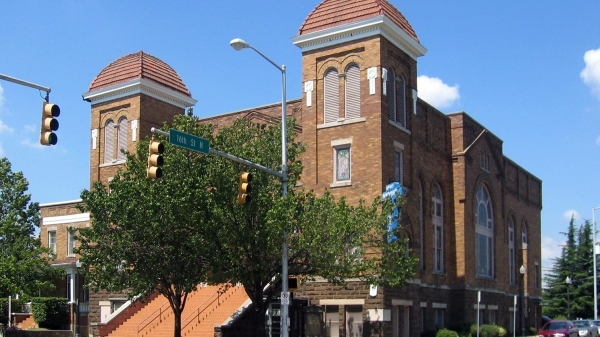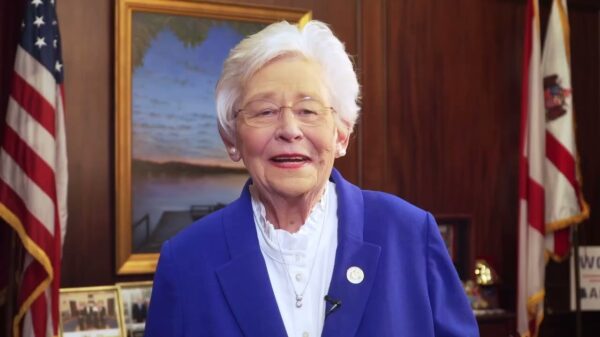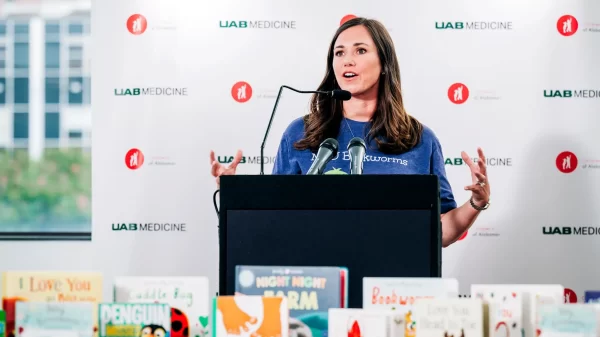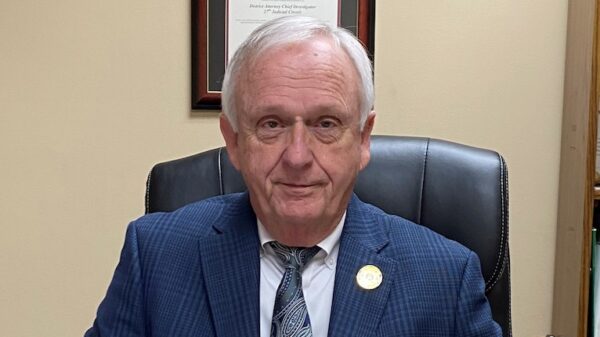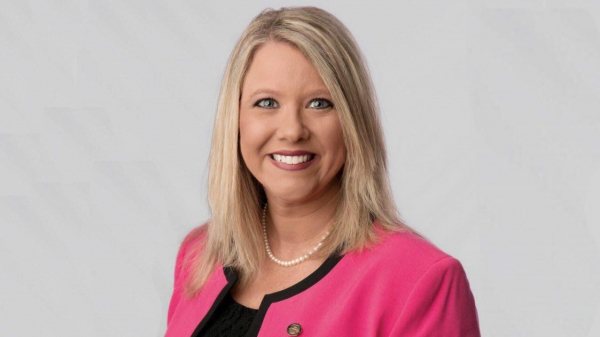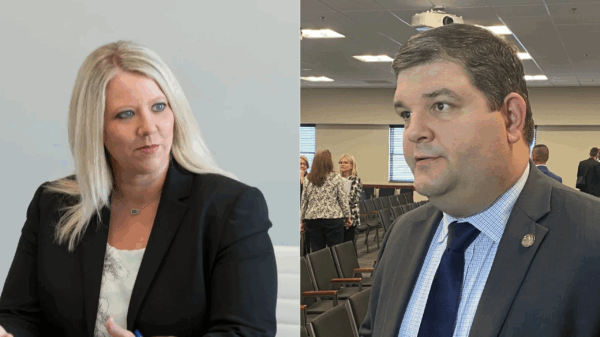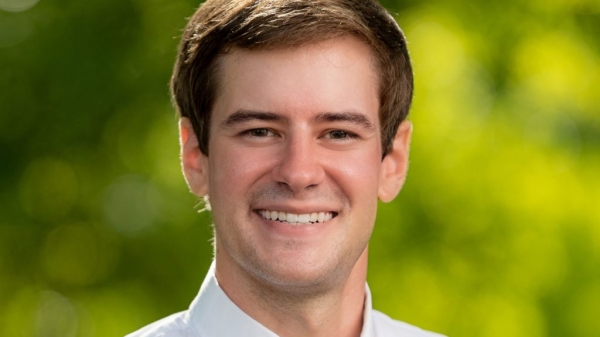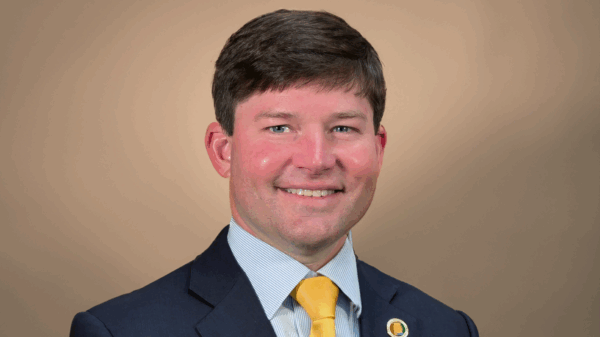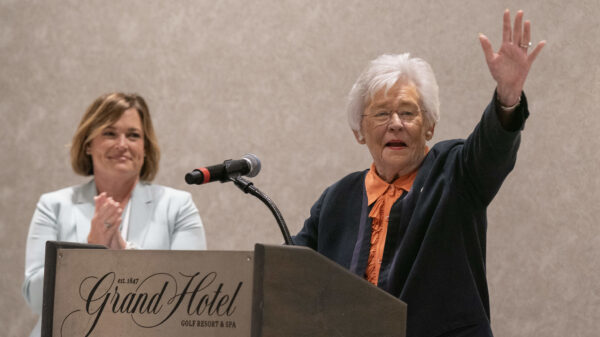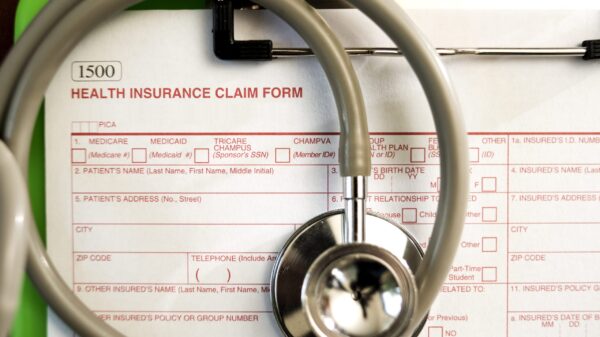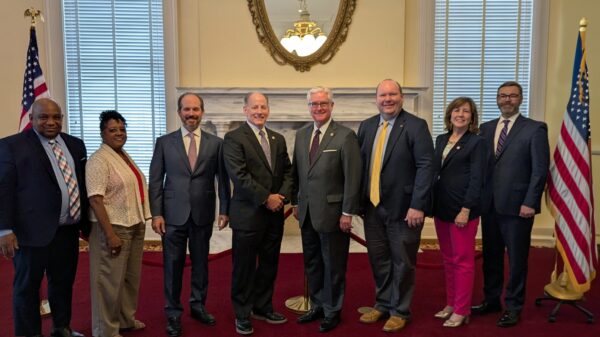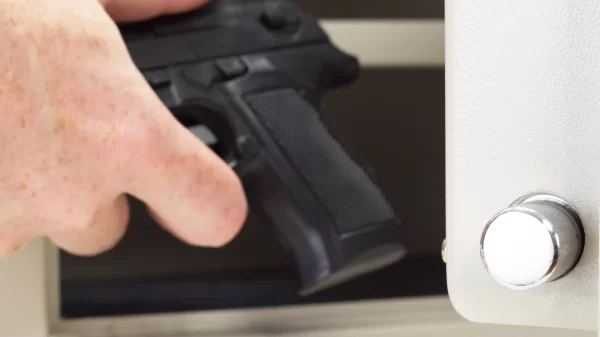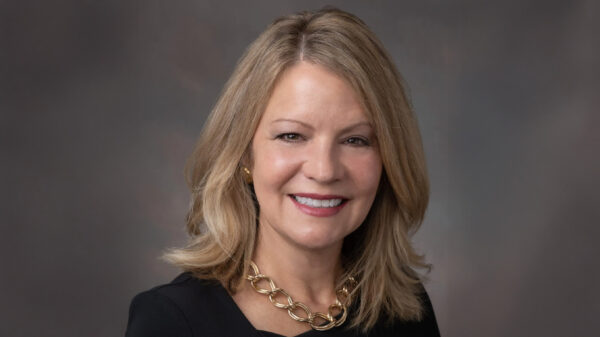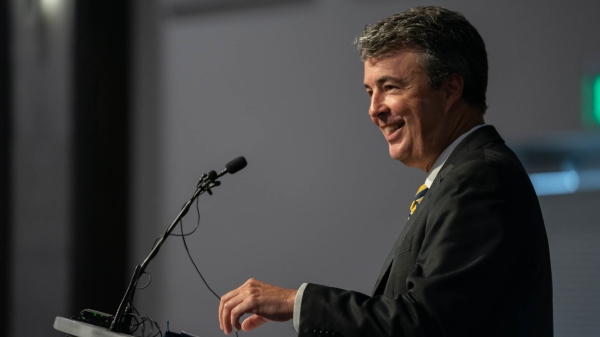The Alabama Joint Oversight Commission on Opioid Settlement heard from the Department of Mental Health for updates on how their allocated budget was put to use during 2024.
The funding was divided between three missions: prevention, treatment and recovery. Through round one of grant funding in the prevention sector, 617 individuals were provided a prevention strategy, and 50 educational trainings and events were held.
In round one of treatment funding, 491 individuals were served and 4,094 treatment services were provided. Recovery grants served 5,790 adults and 2,053 individual services were provided.
Between all three sectors, 32 grants were awarded to various groups. In round two of funding, eleven of those that received grants received continuation funding. Eleven groups did not see substantial enough progress to remain eligible for funding and three groups did not spend any of their funding. Remaining funds were reallocated to the treatment grant funds.
In round two, a $2 million appropriation was put toward Medicaid to continue funding certified substance use providers to provide services for Medicaid-eligible individuals. ADMH also provided $1 million to Wellstone, a residential detox facility that utilized the funding to add 16 detox beds to their facility for those suffering from opioid, benzodiazepine and alcohol use disorders.
The behavioral health hotline, 988, also received $3 million, funding three call centers. Centers that received funding span across the state making sure that funding went to serve all Alabamians. Through this funding, in-state answer rates increased by over 10 percent to 82.5 percent in October of this year.
Prevention funding received a $1.1 million additional allocation, bringing it’s total funding to $2,7 million toward it’s services.
In round two of funding, neither prevention or treatment awarded all of their allocated funds, so $1.4 million in funds was put toward treatment funding.
“This year, that’s where we saw the growth in the number of applications and the quality of applications,” said Alabama Department of Mental Health Commissioner Kimberly Boswell.
Overall, $2.2 million remained in funding. The Commission moved to reallocate these funds to the treatment funding programs.
“I felt like from my seat, it was an appropriate move because it’s still within the treatment area. This commission clearly doesn’t have the authority to move from one agency to another, but I just wanted that to come in front of the full commission today. This is related to ACCA zone form request about assistance with evaluation and testing of inmates and related bed costs,” said chairman Rex Reynolds.




